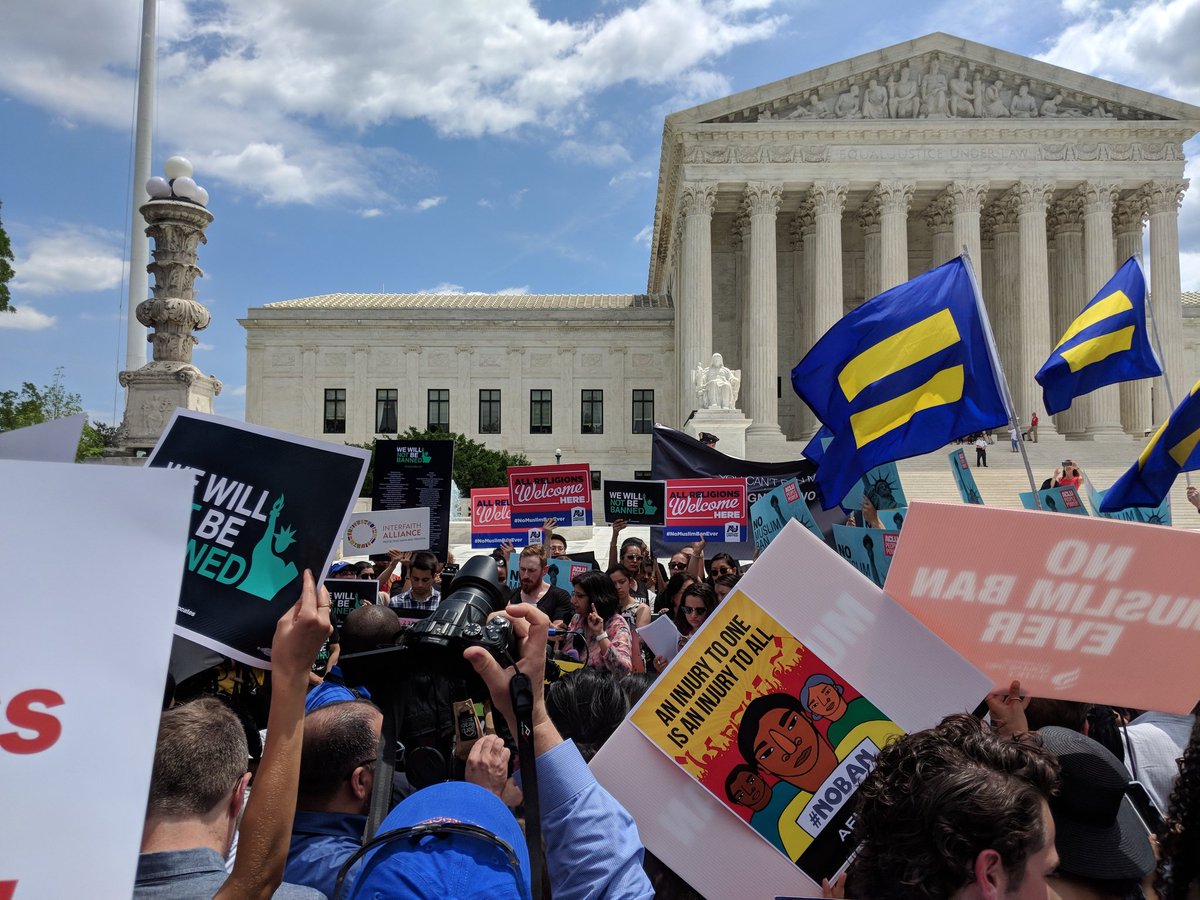The Supreme Court’s recent decision to uphold the availability of mifepristone while a lawsuit against the abortion pill winds its way up the court system was a sigh of relief for many working in the reproductive justice space. However, the decision is far from a solid step forward in access, as the initial lawsuit against the legality of mifepristone still makes its way up the court system.
Past the momentary relief, the fact remains that the greatest risk of self-managing an abortion with pills is the legal threat against abortion seekers and those providing abortion support on the frontlines.
The Sector’s Hesitancy to Invest in Access
While self-managed abortion has been an option for thousands of years and the abortion pills have been FDA approved for over two decades, philanthropy’s presence and investment regarding self-managed abortion has been long delayed.
Between 2015-2019, $1.7 billion of foundation funding went towards reproductive rights. Even a fraction of that funding could have funded radical and transformative abortion care options.
Instead, philanthropy continued to follow the lead of white feminism, the patriarchy and medical racism rather than invest in those approaching abortion access through a reproductive justice framework.
In this moment, foundations have the practical opportunity and moral obligation to fund bodily autonomy that centers people’s decisions on if, when, and how to end their pregnancies using safe and effective methods.
A Crucial Opportunity for Funders to Lead
Funders looking to continue to invest in abortion seekers accessing self-managed abortion care and those on the frontlines supporting their decision should commit to the following grantmaking practices:
- Amplify the Stories & Support the Storytellers – Abortion storytelling plays an essential role in dismantling the shame and stigma that comes with having an abortion, especially for those that decide to self-manage. Storytellers have been closest to the pain, so they should be closest to the decision-making power. The sector would be wise to not only listen to their wisdom but to also deeply invest in their leadership. Quite simply, storytelling is labor and it’s time philanthropy invested in it.
We Testify is holding work to counter the shame, stigma and seclusion that the world has attached to self-managed abortion by shifting the conversation through storytelling explaining why and how people might choose to self-manage their abortion.
- Invest in Human and Organizational Systems of Care – Funders should prioritize investing in abortion doulas, state and local abortion funds, and the telemedicine organizations that streamline the financial, logistical and practical support needed to access medication abortion.
Mountain Area Abortion Doula Collective is leading grassroots efforts to provide practical support to abortion seekers in Western Carolina via funding,
- Support Convening spaces – In areas where abortion is protected, local PSOs should use their networks and relationships to bring funders, the frontlines and policy makers together for strategic dialogue and collaboration. Working together, stakeholders can better catalyze equitable, long-term solutions by nurturing transparent, trusting relationships and co-creating strategies.
Abortion on Our Terms functions as an anchor organization, working to base build communities and convene networks to co-create and resource share to ensure that abortion seekers can safely access accurate information by creating and compiling resources explaining self-managed abortion, and decoding laws and policies that impact access to medication abortion.
- Fund Safety – Move money to the legal efforts to protect both abortion seekers and those on the frontlines working to secure access. That includes investing in policy work that combats the opposition directly. The sector needs to intentionally fund abortion with all circumstances considered, including the work of fighting against anti-abortion groups, to secure access and sustain those leading the work.
National Women’s Law Center is on the frontlines supporting abortion seekers, and the individuals or organizations facing legal consequences due to the criminalization of abortion through legal defense funds. These funds are used to support the legal expenses of anyone subjected to investigation, criminal prosecution, and civil liability as punishment for challenging anti-abortion legislation.
Self-managed abortions grant people comfort and privacy. They allow abortion seekers the autonomy to control their care. How can we even talk about working towards a just and equitable world if we don’t fully fund efforts that allow people to have full control over decisions related to their bodies?
Brandi Collins-Calhoun is a Movement Engagement Manager at the National Committee for Responsive Philanthropy (NCRP). A writer, educator and reproductive justice organizer, she leads the organization’s Reproductive Access and Gendered Violence portfolio of work.
























































































































































































































































































































































































































Leave a Reply